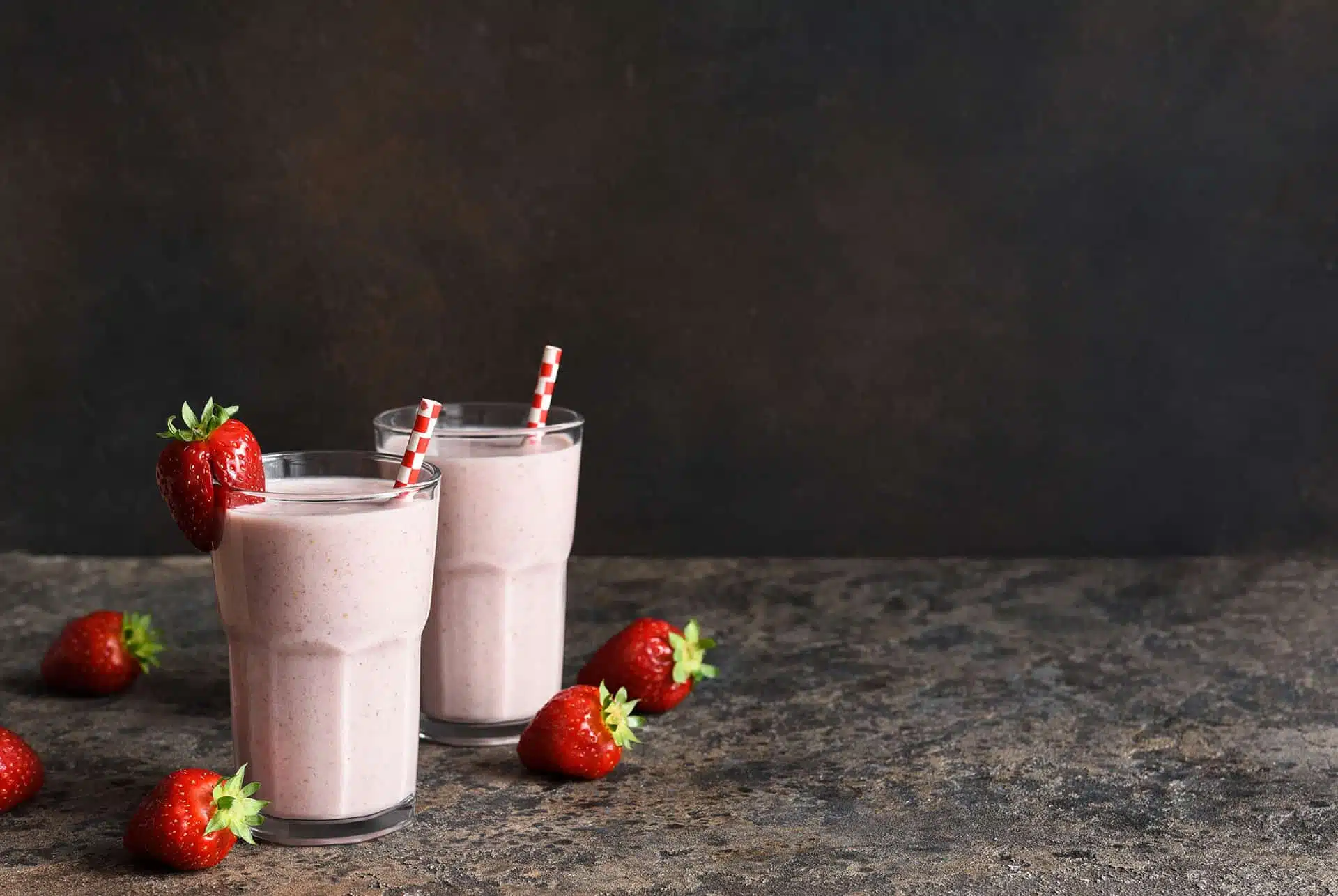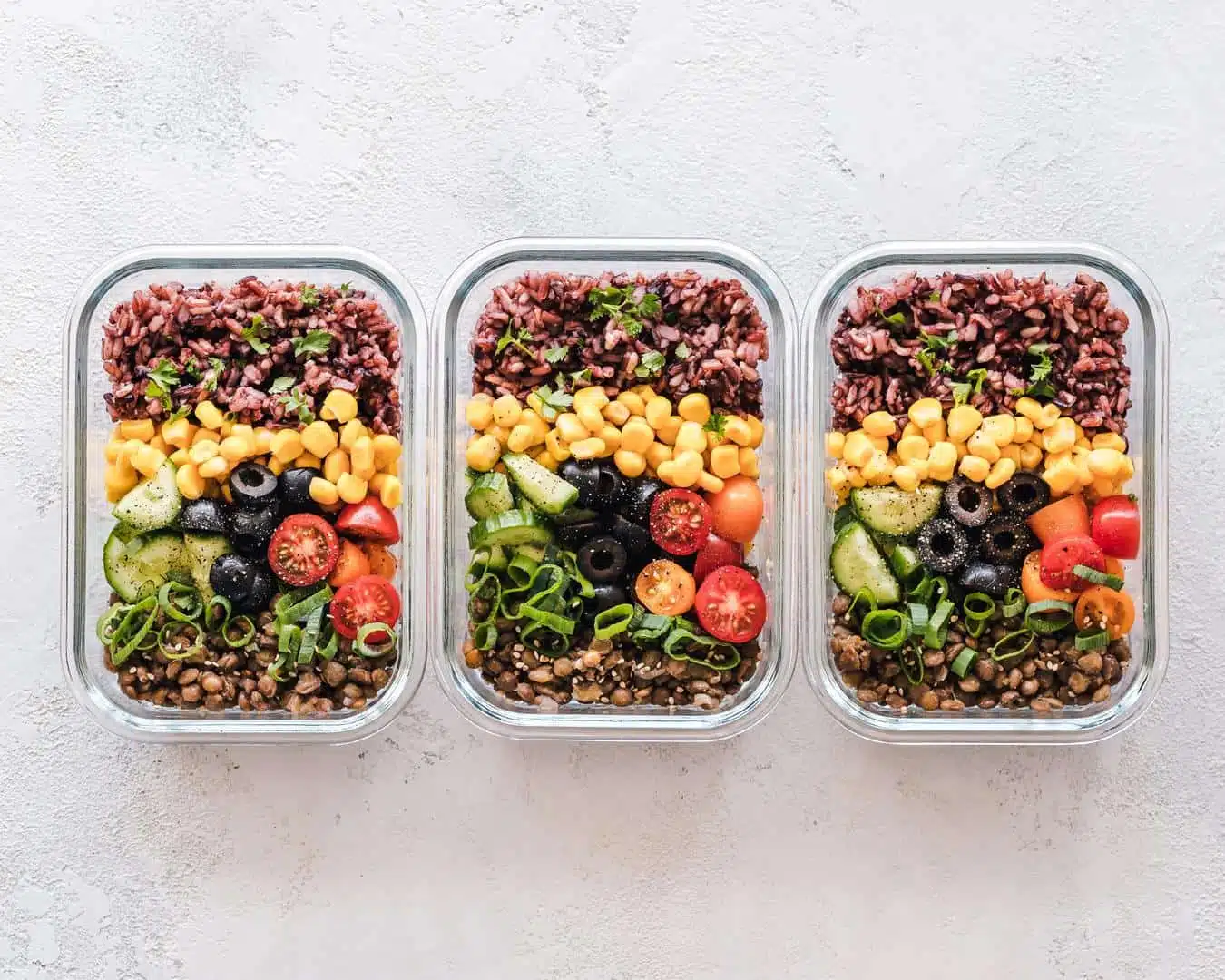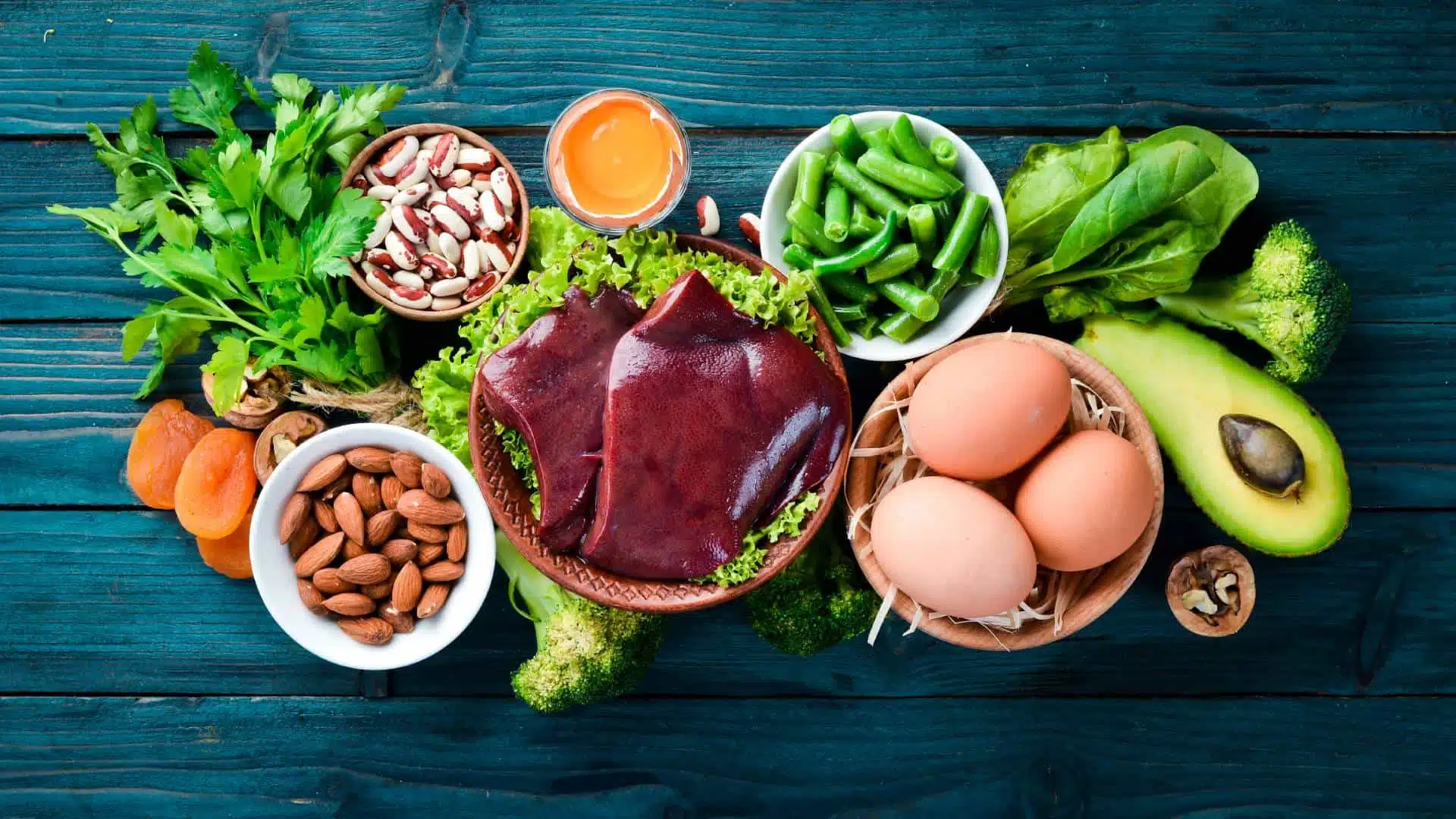Despite how much research you think you’ve done, metabolism is a still a lengthy and complex topic to understand. But because it’s so easy to hop onto Google and become a self-proclaimed expert with 20 minutes of research, there are a lot of myths going around. No offense to search engines, though, because myth machines have been around for decades – the internet just makes the cycle faster. Nevertheless, because of how true these myths sound, people rely on them to make health decisions.
Today, we’ve decided to bust some myths for you to help you understand how metabolism actually works and how you can speed it up. You’ll also get around to understanding that minor changes in your routine won’t instantly fix your metabolism-related problems. So, read on to understand if your beliefs are wrong.
Myth #1: Changing Metabolism is Impossible
This is the most common myth about metabolism. Though genetics play a major role in deciding your metabolic rate, exercise and eating habits can certainly have an influence. In fact, in many cases, your metabolic rate reduces or increases without you consciously doing anything.
So, if you want to speed up your metabolism, you need to work on your habits. Create a structured eating plan, and take 3 to 5 hour-long breaks between snacks and meals. This will help you sustain a better metabolism.
But that doesn’t mean you should be skipping meals. A lot of people have this misconception that doing so will boost their metabolism, but it actually leads to the opposite. So, make sure you are taking at least three meals, including breakfast made from healthy ingredients.
Opt for foods like ginger, avocado, chili pepper, eggs, and similar foods that are rich in proteins and iron to help boost metabolism. Don’t forget to incorporate strength training and cardio to observe quick results.

Myth #2: Specific Foods Can Boost Metabolism Quickly
Your friends or family might have advised you to eat a specific food to speed up your metabolism in just a week or two. Well, sorry to disappoint you, but no food can magically speed up your metabolic rate. While it’s true that eating some foods supports metabolism, no study proves that you’ll get instant results.
If you want to improve your metabolism, you need to get enough nutrition that comprises veggies, fruits, meat, dairy, and healthy fats. Also, you’ll need to take these for several months to benefit, especially if you have a bad track record of eating too much junk food.
Besides that, improving metabolism is challenging when you don’t have a proper eating schedule, even if you consume healthy meals throughout the day. So, try eating on time, especially breakfast, and in balanced quantities.
Myth #3: Thin People Have Higher Metabolism Rate
This is one of the most commonly-heard metabolism myths. While body structure has an impact on your metabolism, it’s not the way you think. People who are underweight or thin have slower resting metabolism compared to obese or overweight people. Overweight and obese people have a higher metabolism, as they burn higher calories while resting.
Also, your weight may not hold as much significance in your metabolism, as long as you’re living a healthy and active life. Hence, getting all your nutrients in the right amounts and hitting the gym can boost your metabolism if you’re looking to lose weight.

Myth #4: Eating Smaller Meals Can Speed Up Metabolism
Are you eating smaller, but more frequent meals to improve your metabolic function? Sorry, but you’re on the wrong track. The TEF or thermic effect of food is the energy your body uses to break down or process, use, or store nutrients that you consume. But a temporary boost in your metabolism highly depends on the type of food you eat, and how much of it you eat.
So, if you eat five small meals in a day, you will temporarily increase your metabolism six times a day. But if you eat three larger feels, the result will be similar, as you get a larger boost. Eat whichever way you prefer, but don’t make a decision based on this myth.
Myth #5: Eating Late at Night Impacts Your Metabolism
You lie on your bed when you sleep, which supports the fact that you don’t burn a lot of calories while sleeping. So, if you eat just before you go to bed, wouldn’t that encourage your body to store food as fat, as your body will not use it to produce energy? But this never happens.
There are two main problems with this belief. First, your metabolism doesn’t stop while you’re sleeping, it just slows down. Your body remains active at night, continuing several essential processes such as the circulation of blood and respiration. In fact, a study indicates that metabolism in thin people speeds up when they sleep compare to overweight individuals.
Another problem is that your body constantly shifts between catabolism and anabolism states. This helps your body use stored energy and refill the stores when needed. Hence, satisfying your cravings late at night will not slow down your metabolism rate.

Myth #6: Green Tea Increases Your Metabolism Rate
Green tea is commonly touted as an effective way to speed up your metabolism. In fact, many brands market their products as a natural-metabolism-boosting beverage. But does it really make any difference to your health? Can it burn more calories?
Studies show that drinking green tea can slightly improve your metabolic rate. However, this change is not enough to use up more calories per day. This means drinking green tea will surely give you a tasty flavor, but it doesn’t help you lose weight significantly.
If you want to gain its benefits, you need to combine it with a balanced diet, more physical activity, and other lifestyle changes like staying hydrated and cutting down on alcohol.
So, now you know eating late at night or eating larger portions of meals will not slow down your metabolism. In fact, drinking green tea or consuming only healthy ingredients doesn’t speed up your metabolism in a day or two.
To boost your metabolism, make sure to include more physical activity in your routine, eat less processed foods, and make healthy lifestyle changes. Also, give yourself some time, and consult an expert to get professional advice.

























